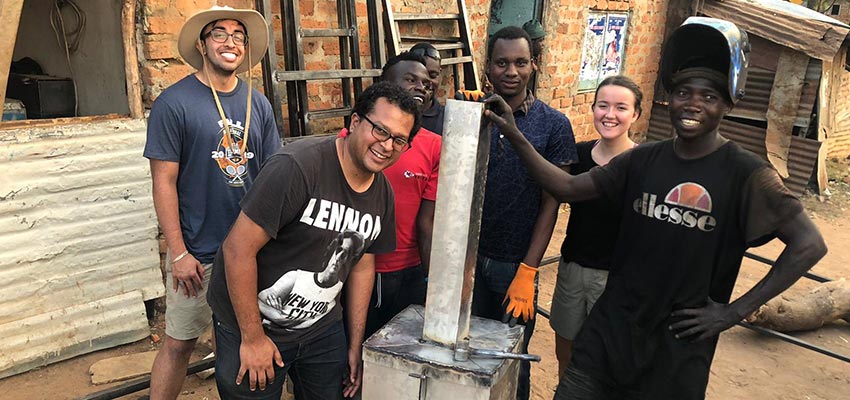
Students survey energy technologies including solar wind and hydro power, cooking, indoor heating, irrigation, and agricultural productivity, through an international development context to impart energy literacy and common-sense applications. This course focuses on compact, robust, low-cost systems for meeting the needs of households and small business; and provides an overview of identifying user needs, assessing the suitability of specific technologies, and strategies for implementation in developing countries. Labs reinforce lecture material through hands-on activities including system assembly and testing. Students taking graduate version complete additional assignments.
Teams & Projects
Students will work on team projects involving activities such as connecting with pre-selected community partners, product design, and analysis to continue the development of ongoing projects.
Travel & Funding
Optional summer fieldwork to East Africa or India may be available to test and implement the solutions developed during the semester.
Related
MIT D-Lab students design global energy solutions through collaboration - MIT News, May 2025

